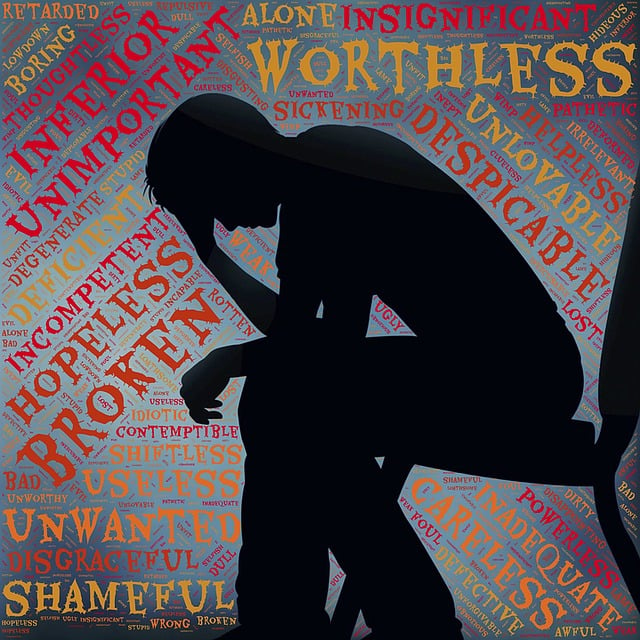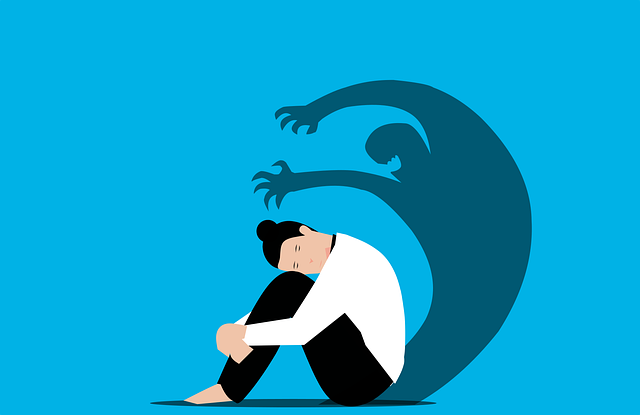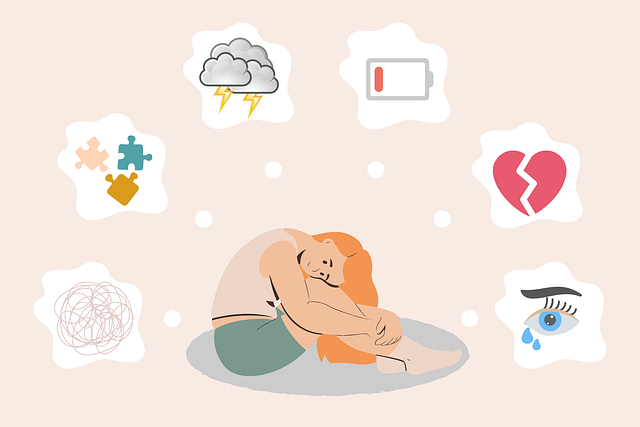Castle Rock Child Abuse Therapy emphasizes the power of self-care in trauma recovery, focusing on physical, mental, and emotional well-being. By offering tailored therapy, group support, and evidence-based strategies, they empower survivors to develop healthy coping skills, build resilience, reclaim their lives, and achieve empowerment. Professional advocacy for mental health policies ensures accessible resources, addressing systemic barriers and fostering a supportive environment where self-care is prioritized.
Self-care is a powerful tool for healing and growth, especially after trauma. At Castle Rock Child Abuse Therapy, we recognize that understanding and prioritizing self-care can transform lives. This article explores the significance of self-care in trauma recovery, offering practical strategies to cultivate healthy routines. We’ll delve into effective methods, the support system’s role, and how professionals like ours can guide individuals toward enhanced well-being. Embrace a journey of self-improvement and discover the resilience within.
- Understanding Self-Care and its Importance in Overcoming Trauma
- Strategies for Incorporating Effective Self-Care Routines
- The Role of Professional Support in Enhancing Self-Care Practices
Understanding Self-Care and its Importance in Overcoming Trauma

Self-care is a fundamental practice for anyone looking to overcome trauma and its lasting effects. It involves actively attending to one’s physical, mental, and emotional well-being, especially during challenging life experiences. In the context of Castle Rock Child Abuse Therapy, understanding self-care becomes crucial as it equips individuals with essential tools to navigate their recovery journey.
Trauma can disrupt an individual’s ability to manage stress and regulate emotions effectively. By prioritizing self-care, survivors can develop healthy coping mechanisms. This includes engaging in Trauma Support Services that offer specialized therapy and counseling, alongside implementing Stress Reduction Methods tailored to their unique needs. Through these practices, individuals learn to cultivate emotional resilience, a key aspect of healing from trauma. Ultimately, self-care enables one to reclaim their life, fostering a sense of safety and empowerment.
Strategies for Incorporating Effective Self-Care Routines

Incorporating effective self-care routines into your daily life is a powerful tool for enhancing mental and emotional well-being. A structured approach can make this process more manageable, ensuring that self-care becomes an integral part of your lifestyle rather than a sporadic activity. Start by identifying areas where you need the most support—whether it’s managing stress, improving sleep, or cultivating healthier relationships. Set realistic goals and break them down into small, achievable steps. For instance, dedicating 15 minutes daily for mindfulness exercises or establishing a consistent sleep schedule can significantly impact your overall health.
Consider incorporating activities that foster self-esteem improvement and depression prevention. Engaging in hobbies, practicing gratitude, and setting boundaries are excellent strategies to promote personal growth. Regular exercise, coupled with a balanced diet, can be a game-changer for mental clarity and energy levels. For those who may have experienced trauma, seeking professional support from Castle Rock Child Abuse Therapy can provide valuable tools to navigate and overcome challenges. Public Awareness Campaigns Development plays a crucial role in encouraging open conversations about mental health, fostering community support, and reducing the stigma associated with seeking help.
The Role of Professional Support in Enhancing Self-Care Practices

Professional support plays a pivotal role in enhancing self-care practices, especially for individuals who have experienced trauma or struggle with mental health issues. Services like Castle Rock Child Abuse Therapy offer specialized care tailored to address complex emotional needs. Through individual therapy, group support, and evidence-based interventions, professionals help clients develop healthy coping mechanisms, build resilience, and gain a deeper understanding of their emotions. This structured approach not only aids in burnout prevention but also boosts confidence by empowering individuals to take control of their well-being.
Moreover, professional support extends beyond individual therapy sessions. It involves advocacy for mental health policy analysis, ensuring that resources and services are accessible and effective. By addressing systemic barriers and promoting evidence-based practices, professionals contribute to a holistic improvement in mental health care. This not only benefits current clients but also fosters a supportive environment where self-care is prioritized and encouraged for all.
Incorporating self-care practices is a powerful tool for recovery, especially when navigating trauma. By understanding the importance of self-care and utilizing strategies tailored to individual needs, individuals can take significant steps towards healing. The support of professional therapists, like those at Castle Rock Child Abuse Therapy, plays a crucial role in guiding folks through this process, offering expertise and customized care. With dedication and access to appropriate resources, fostering healthy self-care routines becomes an achievable game-changer for overall well-being.














